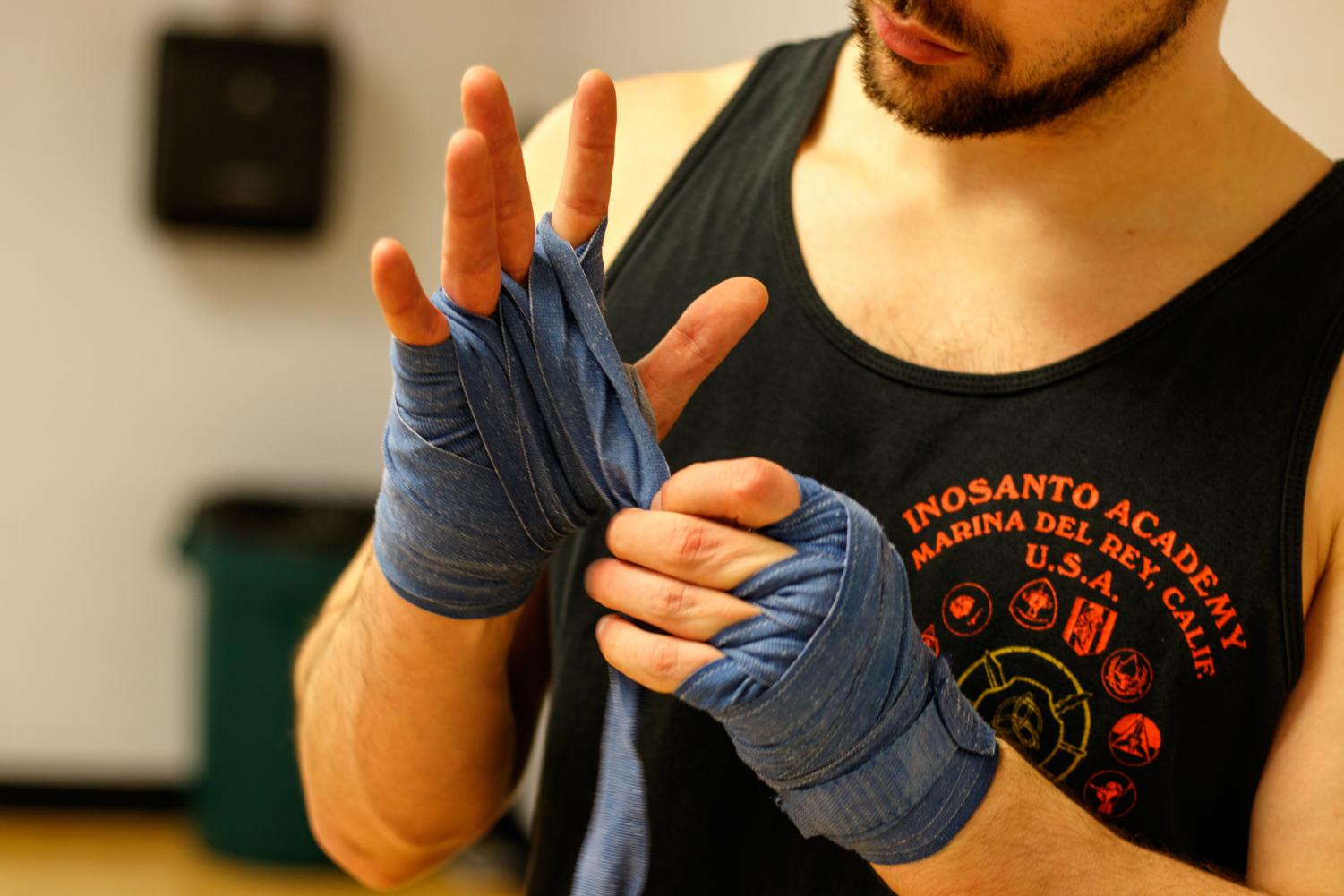Defining Martial Arts

There is a degree of ritual I follow as I put on my handwraps before sparring or hitting the heavy bag. The scientific side of my brain tells me this ritual is largely cosmetic and does not do anything to improve my form or technique, my power or pace. But I go through the ritual anyway, because by now it is a habit, and I cannot imagine wrapping up my hands without it.
As the wraps go around my wrists, I repeat the names of every friend and teacher from the martial arts I've lost. Whether to cancer, car accidents, PTSD or violence, I take the time to remember their faces and something useful one of them said to me. As the wraps move to my knuckles, I thank the friends and family who helped me reach the level where I can practice and research martial arts as an expert in the field. When I finish binding the wraps, I promise to use every skill I've learnt to help others grow and make the world a better place, even if it means just one step at a time. This is what martial arts means to me.
The martial arts can be defined a hundred different ways, but the definition I find most useful is: "The expression of the self through stylized systems and methodologies of combat."
Art has no regulation or qualification. If you express yourself in paint, or sound, or sculpture or movement, that is art (in my humble view). And as liberating as that sounds, it also carries with it a few uncomfortable truths. Firstly, since no body exists to regulate martial arts, literally anyone can claim to be a martial arts expert, because how do you measure expertise? If expertise is defined by the color of belt someone wears, you can order a black belt online and POOF you're a martial artist. If expertise is defined by how well you can fight, there are large, tough and aggressive individuals who would qualify as an "expert" but wouldn't be able to tell you anything about underlying strategies or biomechanics behind fighting technique.
So, if belt color and fighting ability are not the metrics of expertise in martial arts, what are?
There are a few ways I would encourage you to measure both a martial art and a martial artist:
Measuring a martial art:
- Does the training match the purpose? As in, if a martial arts studio advertises preparing someone for a self-defense situation:
- Do they spar?
- Do they practice with weapons?
- Do they teach about the role of law enforcement and how to avoid violence before anything else?
- How seriously does the art take physical conditioning?
- Does the attitude of the people practicing the art make you feel inspired or intimidated?
- Are there drastically conflicting views on how the art should be practiced?
- Does the art focus on what it is you want to improve? As in, are you interested in the mental, physical, spiritual or combat-specific benefits related to training and will that martial art get you there?
Measuring a martial arts instructor:
- Ability to teach technique to others
- Understanding of how their martial art developed and the environment it is best suited for
- How they treat others
- How they talk about the people who taught them
- Are they honest about the advantages and disadvantages of their style, or do they only talk about how good it is?
You'll notice how I missed out "How other people talk about them" from the martial artist bit. The reason: you'll do that anyway whether you want to or not. Martial Arts, like any other community, is fraught with politics. Someone will call a particular martial artist a sinner while someone else will call them a saint. That's just the way it goes.
But the beauty of martial art is that, like any art, its value is up to you. You get to make the decision about whether or not a particular martial art is what you are looking for. I encourage you to do your research if you are looking for a martial art, either your first or your next, to make sure it gets you to where you want to be. Have fun!
